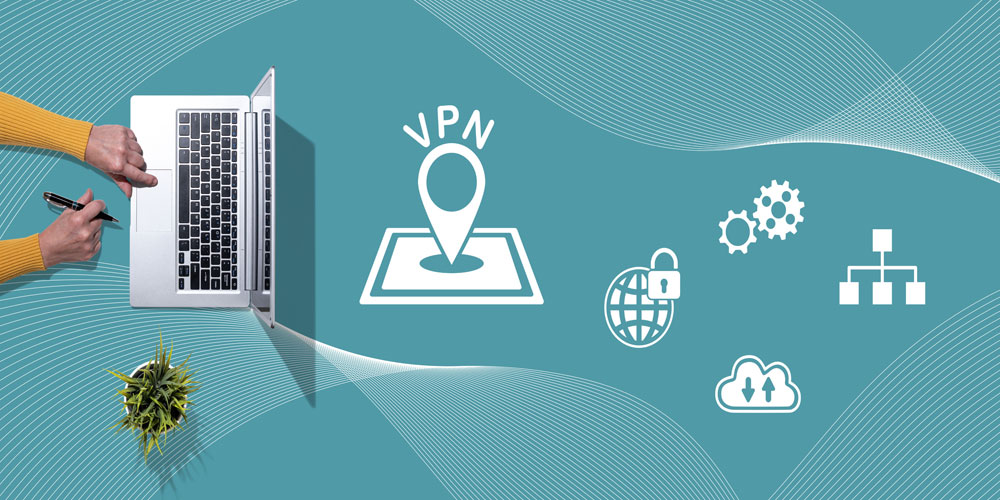Malware Impacting Free VPN Services in 2025
While VPN services are rising in popularity worldwide, experts predict VPN scams will increase throughout 2025.
Data suggests eight of every 10 free VPN services may embed tracking features, and over half could sell users’ data to third parties. Free Android VPNs are especially expected to be more vulnerable to malicious activities. These are the main predictions to look out for in the new year, according to experts at VPNRanks based on historical data and current trends analyzed through predictive models.
What’s the worry?
As per data from Security.org, roughly 39% of people in the US use a VPN service, with almost half relying on free software. Among these, two-thirds of users experience security issues.
“While VPNs can offer valuable online privacy, not all VPNs are created equal,” noted the experts.
The best VPN apps are supposed to encrypt all the data leaving your device to prevent third-party access. At the same time, they also mask your IP address to boost your online privacy and unblock geo-restrictions. “However, some VPNs come with serious risks, especially those that are unreliable or outright scams.”
Experts are especially worried about the growing privacy threats of free VPNs. They predict that by 2025 around 80% of free VPNs may embed tracking features due to expanding monetization practices. The selling of users’ data to third parties is also likely to rise to approximately 60% as more VPNs seek revenue from advertisers and other entities.
The new year could also see a rise in misleading VPN ads, with experts expecting the YouTube VPN ad viewership to grow to around 103 million.
Fake VPN reviews may be rising too, to comprise 37% of all app reviews by 2025. This is pretty dangerous since, as experts explain, manipulated reviews can boost an app’s ranking, increasing its visibility and downloads. People looking for reliable software can be misled into downloading low-quality or malicious VPN apps.
As mentioned earlier, users of free Android VPNs are set to be especially vulnerable to having their data leaked or their devices compromised.
Specifically, experts predict that malware may impact 39% of free Android VPNs by 2025. The great majority (84.5%) will also be affected by IP address leaks, with third-party tracking reaching 76.5%.
It’s not just free VPNs, a recent research found that several popular premium Android VPN apps may also put users’ privacy at risk by suffering some form of data leak and sharing your personal information.
How to choose a secure VPN
With VPN scams expected to rise, it’s crucial to know what to look out for in your next VPN service before trusting the provider with your sensitive information.
As a rule of thumb, you should only sign up for VPN services with a reputable reputation – even better those offering a recent independent audit. You should also opt for VPNs with strong encryption protocols like OpenVPN and WireGuard, a good mix of security features – a kill switch and built-in tracker blocker are especially helpful – and reliable performance.
Bear in mind while some services are good well-rounded options, some providers are better for certain uses. So, for instance, if you need a reliable streaming VPN, you need software with impeccable unblocking capabilities, fast connection speeds, and a well-served server network across the world.
As we have seen, VPN scams are generally targeting free VPN users. Besides being often used as a means to spread malware and virus attacks, free services rely on invasive ads and dubious sharing of your personal data to make a profit. They may also offer weak security infrastructures and poor performances overall.
We recommend avoiding unsecured free VPN services and opting for a freemium application instead. PrivadoVPN and Proton VPN are the best options on the market right now.
Even the most secure free VPNs come with some limitations, though. If you need a service for a specific usage like streaming or torrenting, you should opt for a cheap VPN like Surfshark instead.
